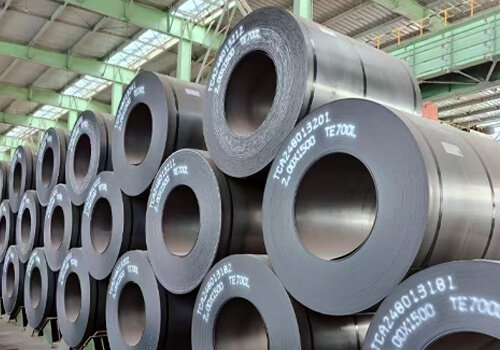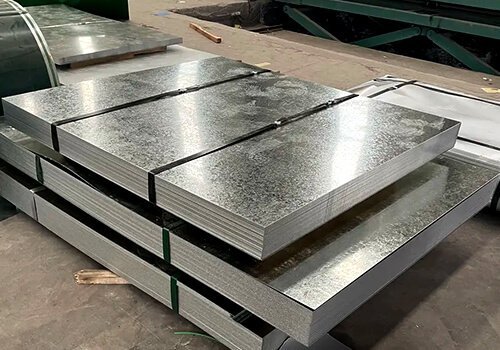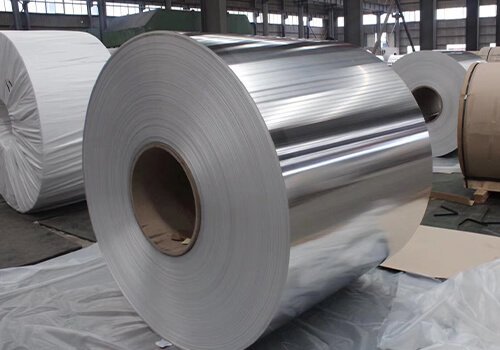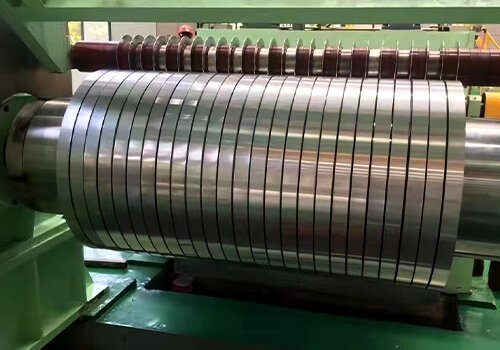Choosing the wrong steel coil thickness can lead to structural failure or excessive costs—don’t risk it. Here’s how to make the right decision confidently.
To choose the right steel coil thickness, first determine the end-use, load capacity, and processing method. Match your needs to the industry-standard thickness ranges using a steel coil thickness chart. Thicker coils offer strength, while thinner ones ensure flexibility and cost savings.
Let’s break down every key factor to help you select the perfect coil thickness.
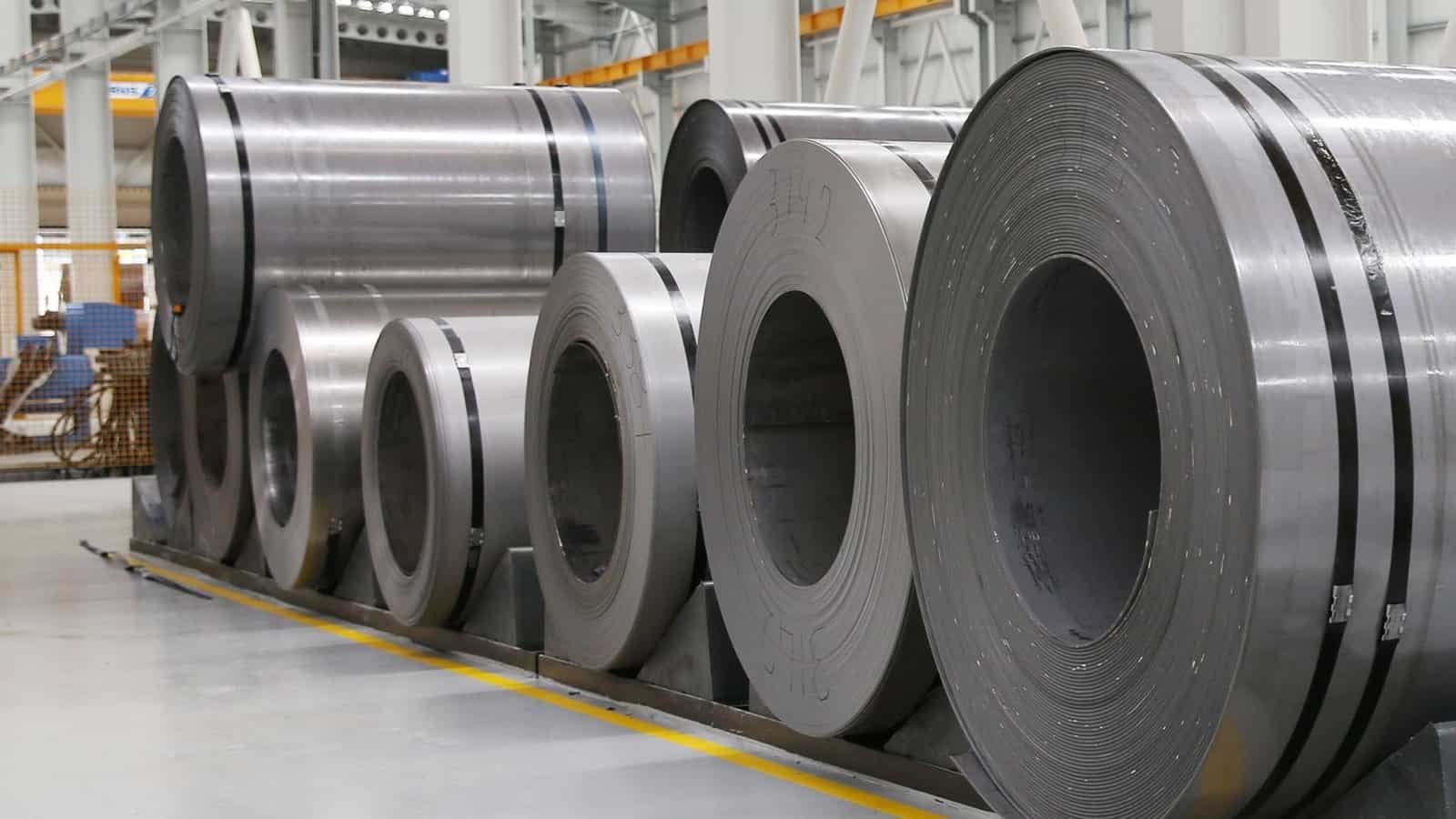
What Factors Determine Steel Coil Thickness Selection?
Selecting the appropriate steel coil thickness is not a one-size-fits-all decision. Different industries and projects require different levels of performance, and thickness is critical to meeting those standards.
The key is to balance durability, functionality, and cost-efficiency by aligning project needs with a recognized industry thickness guide like a coil thickness chart.
Several important factors should guide your decision:
- End-use application: Roofing sheets, structural beams, or automotive panels all need different thicknesses.
- Load-bearing capacity: Thicker coils offer more strength, but may be overkill for lighter tasks.
- Processing needs: Coils that require bending, welding, or shaping might need thinner, more flexible steel.
- Environmental exposure: Outdoor projects or corrosive settings might need thicker or coated material.
Using a steel coil size chart or steel coil thickness chart early in the design phase can help reduce waste and save time.
How Thick Can Steel be Coiled?
Customers frequently ask us, “How thick can a steel coil be before it becomes too rigid to coil?”
Most mills can coil steel up to 20mm thick, depending on grade and processing equipment.
Tensile strength, coil tensioning systems, and minimum inner diameter tolerances all have a significant impact on this upper limit. While some mills can go even higher, anything larger than 20mm usually requires specialized machinery.
Heavier coils also raise logistical challenges. You must consider steel roll weight, transport capacity, and safe storage. Using a coil calculator can help estimate both the steel coil dimensions and total weight before purchasing.
How heavy is a steel coil? It varies depending on thickness and width. Por ejemplo, a 20mm thick coil at 1250mm width can easily exceed 20 metric tons.
Knowing your maximum acceptable steel rolls weight will help you avoid overloading equipment and increasing freight costs.
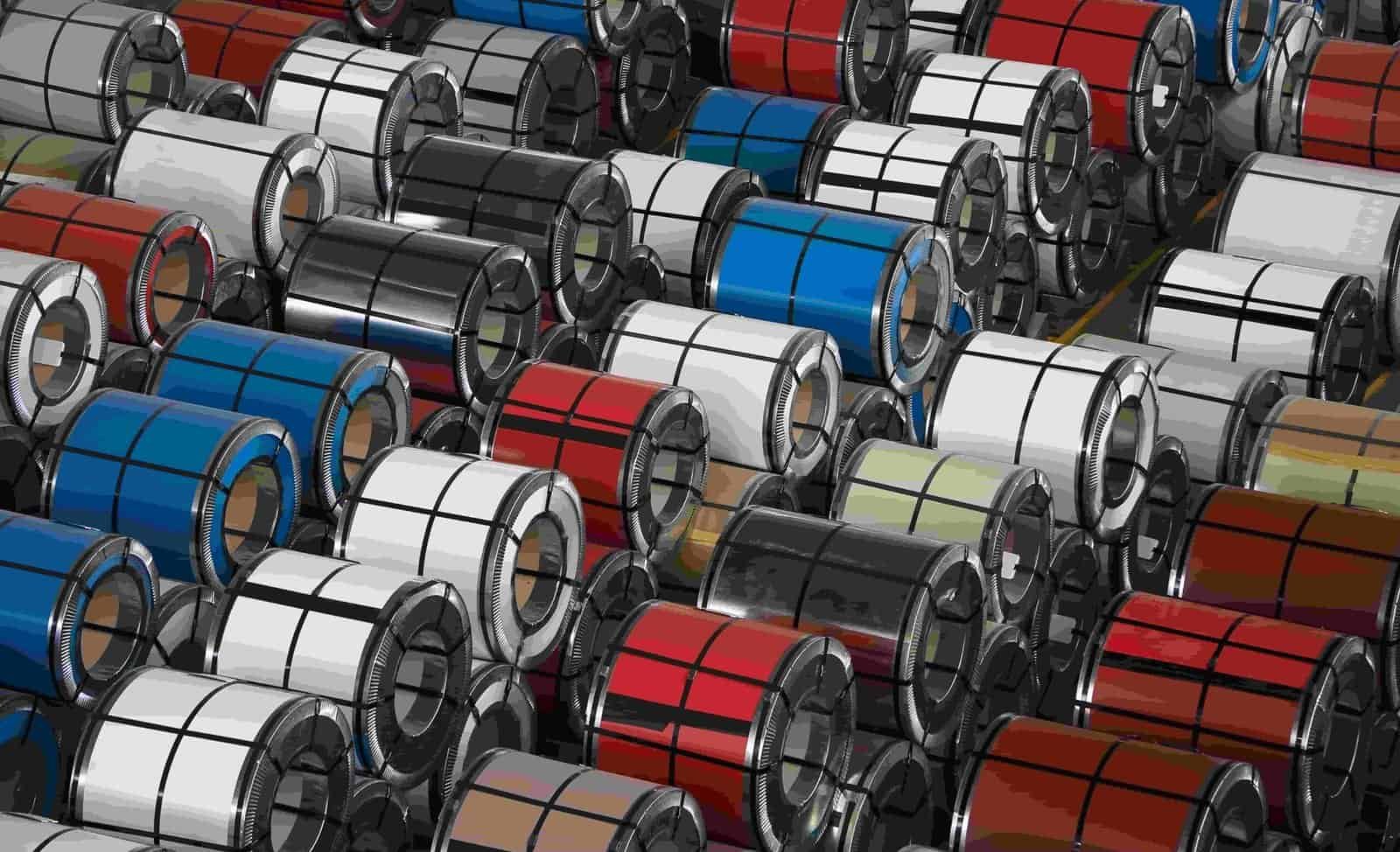
How Thick Are Hot Rolled Steel Coils?
Hot rolled steel is produced at temperatures higher than 900°C, allowing for greater thickness control and workability.
Typical hot rolled steel coil thickness ranges from 1.2mm to 20mm. Common thicknesses include 3mm, 6milímetros, 8milímetros, and 12mm, especially for structural steel applications.
These coils are often used in:
- Bridge and building construction
- Heavy-duty machines and trucks
- Shipbuilding and oil platforms
Using a steel coil thickness chart helps match your required gauge to mill capability. It’s also crucial when calculating shipping weights and production costs using a coil calculator.
Hot-rolled coils usually come with mill scale, so if surface finish is important, additional treatment or cold rolling may be needed.
How Thick Can Cold Rolled Steel be?
Cold rolled steel is treated at room temperature to improve strength, surface finish, and dimensional accuracy.
Cold rolled steel coil thickness typically ranges from 0.2mm to 3mm. In high-precision applications, coils can be made as thin as 0.15mm.
These thinner coils are used in:
- Home appliances
- Office furniture
- Automotive inner panels
- Electrical enclosures
While cold rolled coils are thinner, they are also stronger due to strain hardening. You’ll often see steel coil specifications that include yield strength and elongation values that outperform thicker hot-rolled alternatives.
For accurate sourcing, always consult a steel coil thickness chart or request a steel coil specification sheet from your supplier.
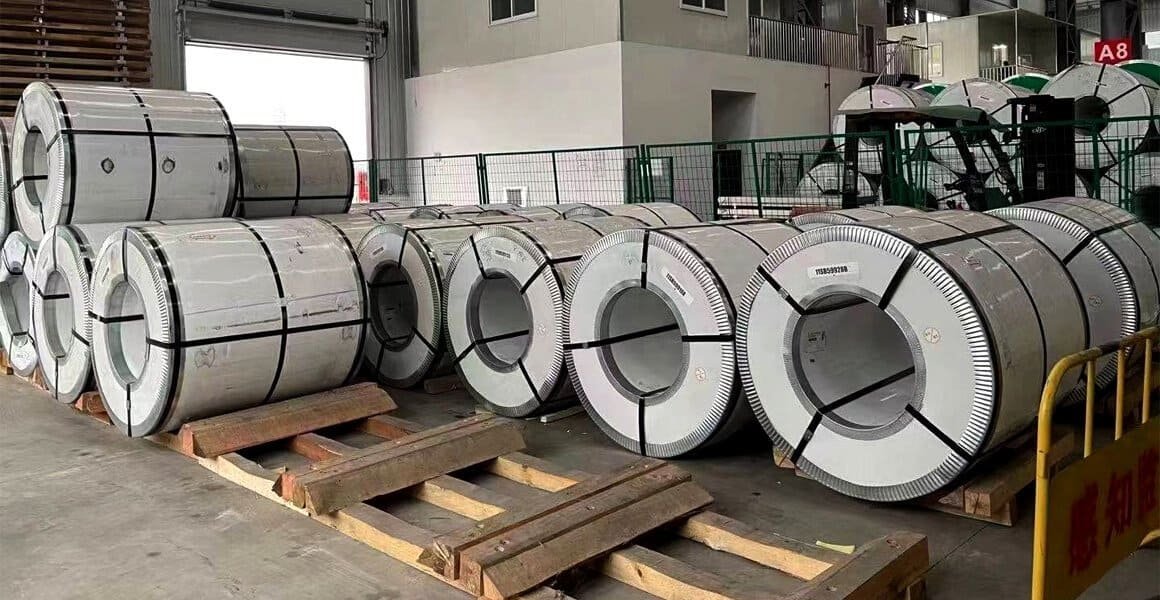
What Are the Standard Steel Coil Thickness Ranges?
The steel industry has well-established standards to guide buyers in selecting thicknesses suitable for specific uses.
Here are common ranges by steel type:
- Acero carbono: 0.3mm – 16mm
- Acero galvanizado: 0.2mm – 4.0mm
- Stainless steel: 0.3mm – 6.0mm
- Aluminum coils: 0.2mm – 5.0mm
- Bobinas de cobre: 0.2mm – 3.0mm
Using a steel coil size chart helps visualize the relationship between thickness, ancho, y peso. You can also refer to the standard steel coil weight chart to understand how thickness impacts coil tonnage.
For international buyers, it’s especially helpful to request both imperial and metric steel coil measurements and ask about standard steel coil dimensions in your region to avoid confusion.
How Does Steel Coil Thickness Affect Product Performance?
The thickness of your steel has a significant impact on its performance in real-world applications. Too thin and you risk bending or corrosion, while too thick and you risk overloading structures or equipment.
Steel coil thickness directly influences strength, flexibilidad, soldabilidad, and long-term durability.
Por ejemplo:
- Thin coils(0.3–0.8mm) are ideal for ductwork or appliance casings where flexibility is key.
- Medium coils(1.0–2.0mm) work well for car body panels or metal roofing.
- Thick coils(3.0mm+) are suited for I-beams, support columns, and pressure vessels.
Refer to a steel coil specification that matches your mechanical needs, including yield strength and ductility. Pay attention to your design tolerances and environmental exposure when making a selection.

Is Thicker Steel Coil Always Better Quality?
This is a misconception we hear all the time. While thickness contributes to strength, it doesn’t always mean better quality.
Coil quality is determined by uniform thickness, material grade, production process, and surface treatment—not just gauge.
You could buy a 6mm coil that fails under pressure due to poor metallurgy, or a 1mm coil with exceptional strength due to advanced alloying and tight control.
To verify quality, always:
- Request steel coil specification certificates (ISO, SGS, Ceñudo, etc.)
- Ask for actual coil thickness chart records and gauge tolerances
- Review edge condition and surface inspection reports
Buyers using standard steel coil dimensions should remember: consistency and certification matter more than raw thickness alone.
How Does Steel Coil Thickness Affect Pricing?
Thickness directly impacts the coil’s cost—but not in a linear way.
Steel coil thickness affects pricing through three key factors: material cost, processing difficulty, and shipping weight.
- Material cost: More thickness means more steel per square meter.
- Processing cost: Thinner coils may require more precise machinery and quality control.
- Shipping cost: Heavier coils (due to thickness) increase logistics fees.
A coil calculator helps determine final weight and cost per ton. Don’t forget to include steel roll weight in your quote comparisons.
In international trade, thicker coils may face higher duties or require special containers. Discuss with your freight forwarder and factor in the total landed cost before making a bulk order.
Resumen
The right steel coil thickness ensures performance and profit—use charts, specs, and expert advice before placing your next order.


